Introduction
Everyone has at least once felt frustrated with the ending of a movie. The spinning top spins in Inception, the screen goes dark in The Sopranos, and Gaff leaves the unicorn origami for Deckard in Blade Runner. Most of us reacted the same way when we watched these scenes on the big screen: "Well, then what?". We are uncomfortable because we feel the story isn't complete, we feel frustrated because we want a real ending, and then we have to control ourselves to not throw something at the wall out of anger. I'm sure you can relate.
In fact, many of us still discuss the many open endings featured in movies, TV shows, and books in online forums, conversations with friends, or even with other like-minded cinema enthusiasts. This type of ending is undeniably popular. Today, let's discuss this controversial way to end a story and explore what makes a story authentic.
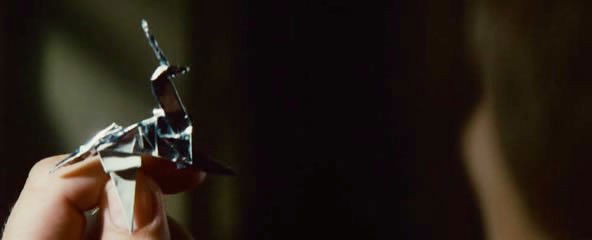
The Discomfort of Not Knowing
We, as human beings, have a delicate relationship with uncertainty. Since very young, we have heard and told stories and were led to believe in a single, objective truth: every story ends in some way. That is, every story has a beginning, middle, and end. When something breaks this natural order, which we are all familiar with since the beginning of our lives, we react immediately. We are uncomfortable, and urge for answers.
Open endings invite us to sit with unanswered questions forever, and that's definitely not easy. Particularly in a hyper-consumerist society that always encourages us to consume more and more - being forced to reflect and face an intentional "unknown" almost sounds disrespectful. However, open endings might reveal more about ourselves than about the movies we're watching, and that's another mystery we'll have to deal with.
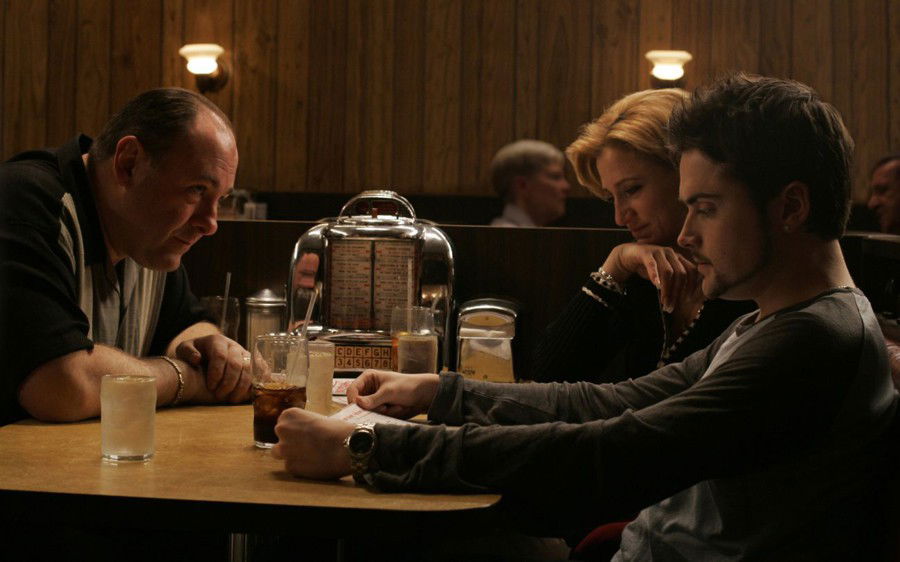
Are Open Endings Lazy Writing?
There is a persistent myth that, particularly with long sagas, writers are afraid to put a definitive end to them because they would rather not frustrate fans that expect or want them to end in another way. That's the power fans or fandoms have over these works, and for a long time, we couldn't get past this no matter what.
In the golden age of television, how popular and talked about a show was used to determine how it ended. Today, things are different, less practical, even more so considering streaming services now dominate the market and work with secretive algorithms that lay the ground rules behind the scenes. This new business model is very different from how TV networks used to work.
Still, arguing that open endings are better because they're a way for writers to avoid conflict with their fans usually doesn't stick because audiences often hate them way more than clear endings. Even if they heavily dislike the ending they ended up getting.
Another common myth is that open endings are the result of lazy writing or writers that can't really think of a way to end their stories. However, writing an open ending, one that leaves the audience with unanswered questions and an invitation to reflect on what does it all mean, is a very complex task. It takes a lot of love for the craft, not to mention a ton of effort. These stories typically take longer to write and take more risks overall because they trust their audience to handle this invitation to reflect, everything unsaid and even unseen.
Movies like First Reformed or The Lighthouse use this resource not as a way to escape difficult decisions, but as a way to reaffirm their entire thesis and aesthetic. The doubt will echo way more than any certainty could.
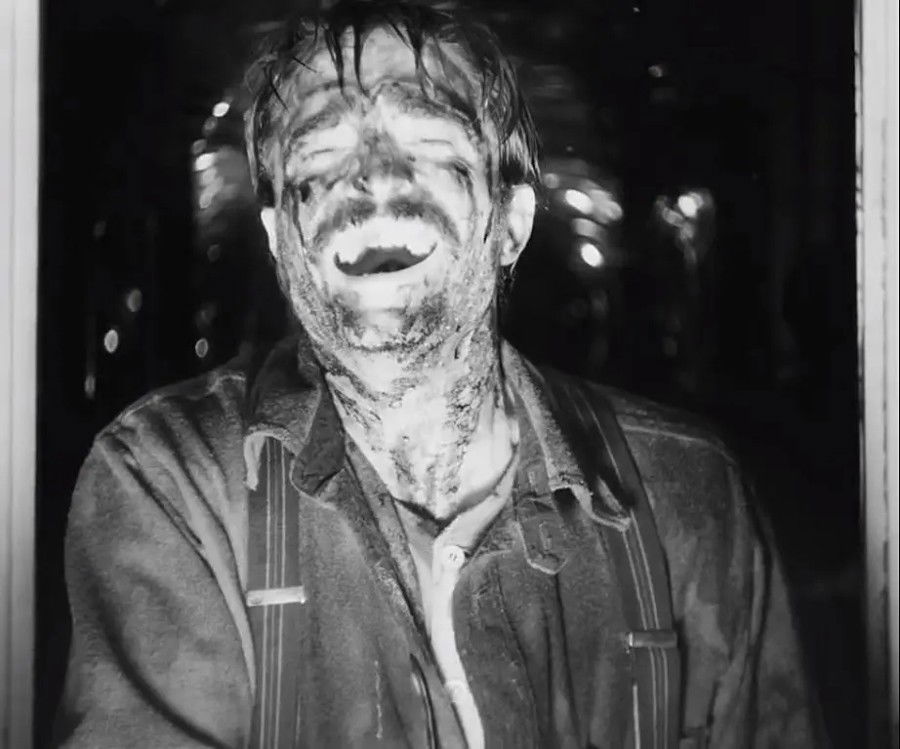
Whose Fault is It? TV Networks, or Netflix?
The reason we handle open endings so impatiently might be cultural. We grow watching soaps and TV shows that tie all the main couples together, solve all the crimes, save all the patients, and even include beach weddings in the epilogues. We learn that great stories have real endings. That the nice guys win, villains are punished, and there's always music in the post-credit scenes.
Currently, things haven't changed much. Streaming culture encourages us to watch media in a new way, basically, to watch more and discuss less. Thinking is a waste of time - time you could have spent watching another new show. And all of that marketed as a way to control what you watch with pinpoint precision: you can binge-watch everything, you can understand everything, and have everything. And, if you really need to, you can always watch a YouTube video to understand confusing endings (which will always be around).
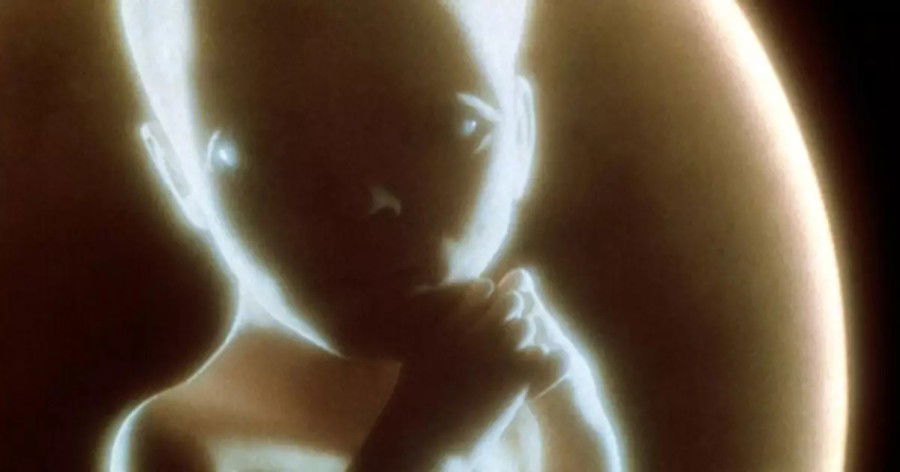
But Life Goes On?!
Maybe the most annoying thing about open endings is the reminder that they're just like real life. We love perfect endings, but we can rarely enjoy clear-cut closure. Relationships end with texts left on read. Important changes happen without a flashy soundtrack.
In real life, no one explains what it all means, and most stories end with more questions than answers. Dealing with reality is dealing with uncertainty. That might be where the frustration comes from. For some people, going to the movies means being comfortable. After all, it all ends up alright in the end.
Still, movies that embrace the chaos of uncertainty, like Francis Ha or Moonlight, are more honest about what life is. Even if, as a result, they're more also painful.
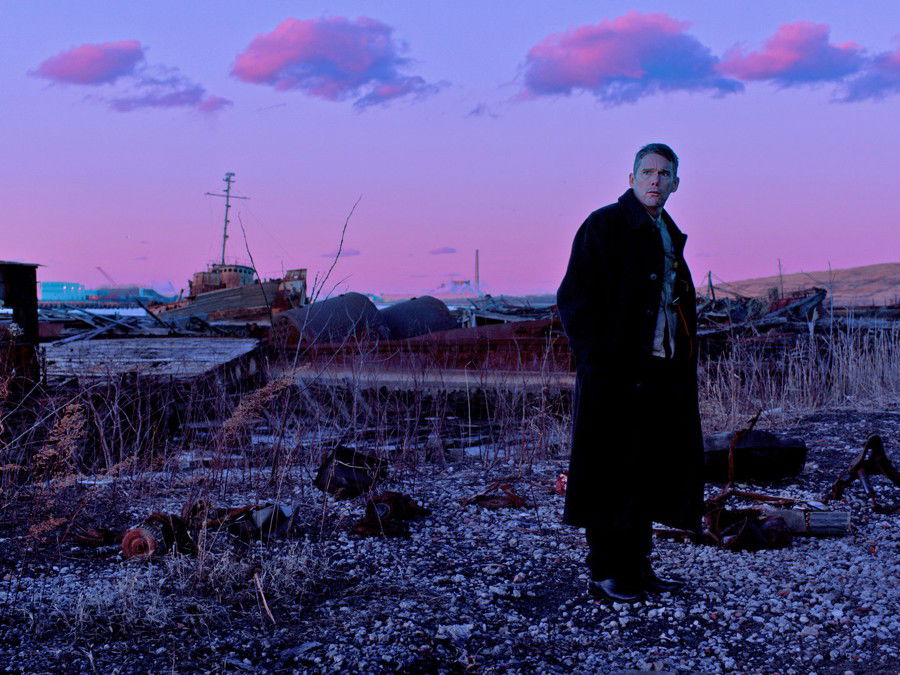
The End is Ours!
We may complain, but open endings are undeniably charming. They stay with us long after we turn our TV off and the lights go out. They get under our skin, follow us days after, and inspire conversations, theories, new interpretations. And, more than that: they turn us into co-authors. These endings are now ours, the result of our memories, expectations, hopes, or pain.
Maybe open endings aren't the issue. Maybe what really scares us is everything they reveal about us: our need for control, our difficulty to deal with the emptiness, and our fear of the inexplicable.
And maybe, just maybe, behind all of this "anger", there is covert admiration. A movie that ends and keeps haunting us never really ends, does it?
What about you? Tell us which movie stayed with you or haunts you until now in our comment section below.
Thank you for reading, and see you next time!








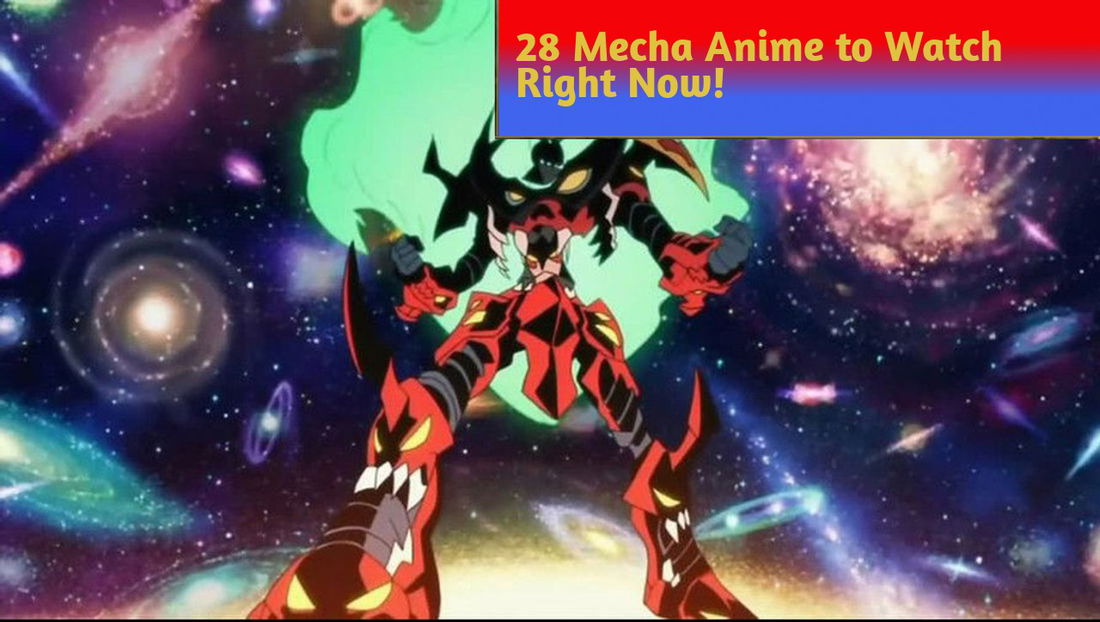
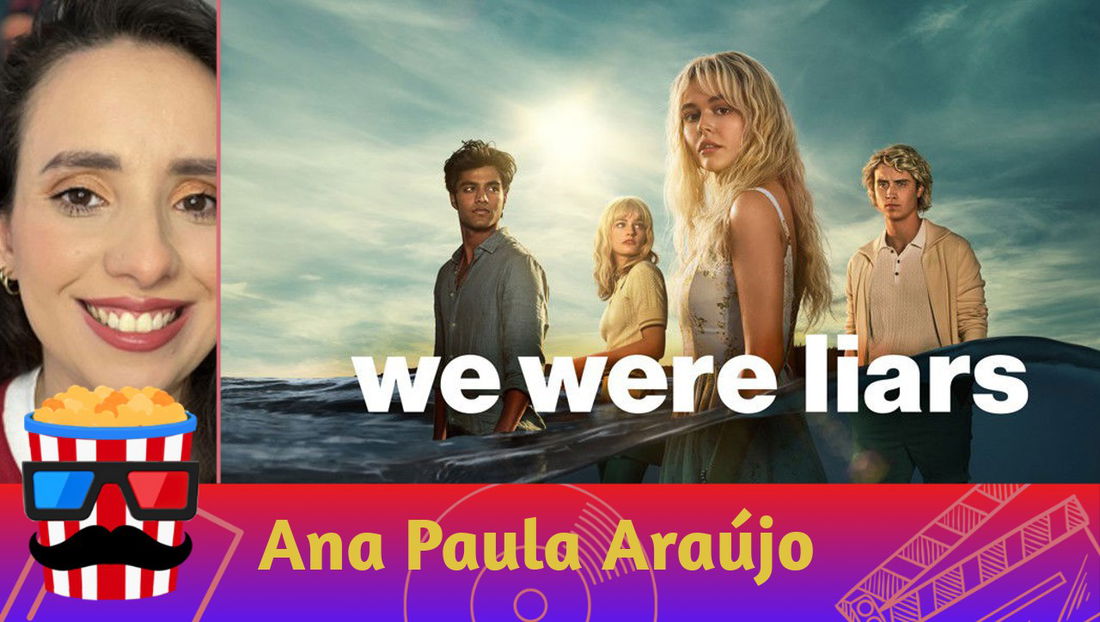

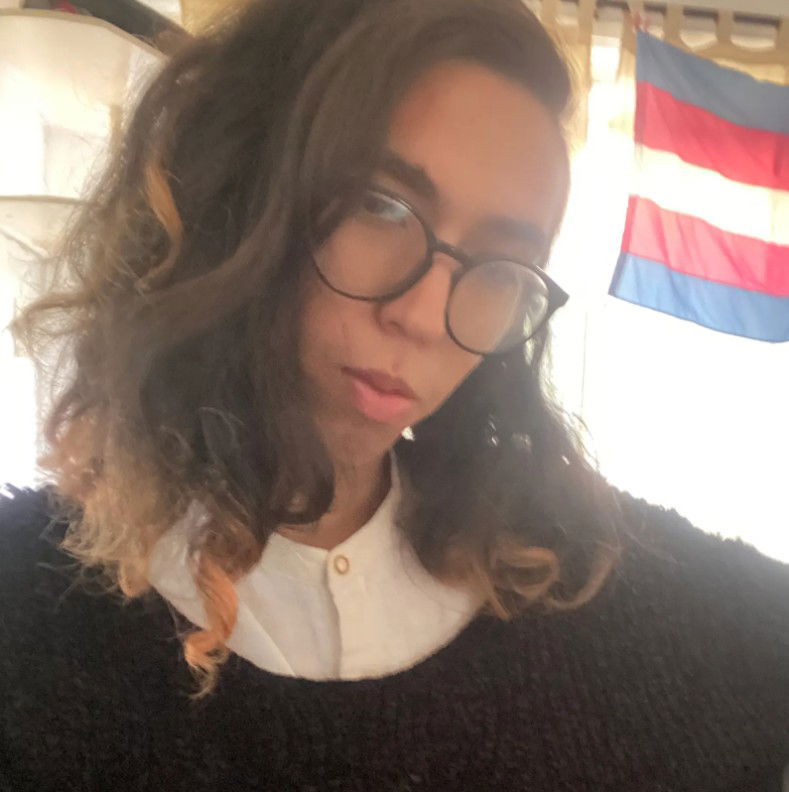

— commentaires 0
, Réactions 1
Soyez le premier à commenter